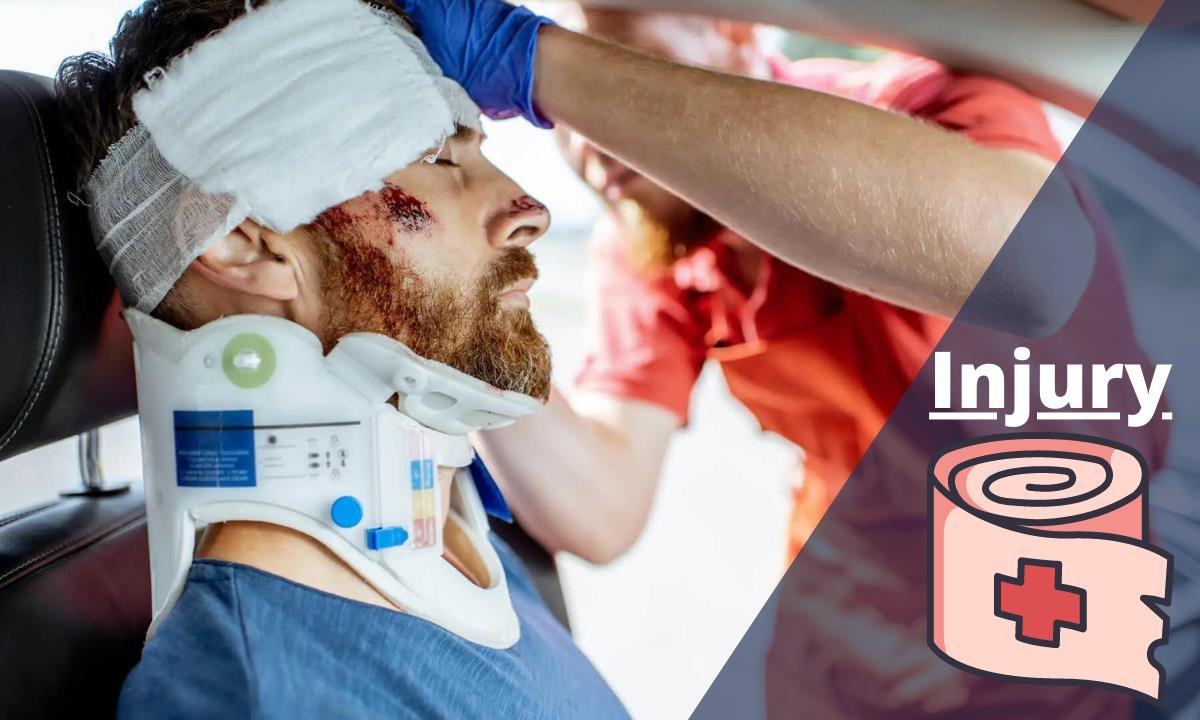Everyone is at risk on the road at all times, and while these risks can be avoided, one cannot predict the life-altering car accidents that can impact the rest of your life detrimentally within a blink of an eye. Whether you’re driving on the New York State Thruway, Interstate, Hudson’s scenic route, or a classic residential area, other people’s negligence can cost you significantly.
The United States has declared that vehicular accidents are the leading cause of death, creating a requirement for safety and stringent scrutiny measures. While the pandemic reduced the deaths by 50%, the total accidents in New York ranged around 97,059, with 12,093 hospitalizations and 136,913 ER visits. These accidents can range from permanent disabilities to an inability to work effectively, requiring lifelong care, medications, and prosthetic and assistive devices. In this article, you will become familiar with certain types of impacts that you can face in a car accident:
Types Of Damages in a Car Accident and Their Impact
One of the fundamental reasons for pursuing civil claims is to demand a claim for the other party’s negligence, resulting in non-economic damages that can prove detrimental to your physical, mental, emotional, and psychological health. Such claims can only be undertaken by presenting to the court the loss estimate, which can be done with the help of professional personal injury attorneys to estimate economic and non-economic damages. Partnering with reliable law attorneys can help you claim reasonable compensation for the fatal consequences of car accidents.
They can help deal with unfair tactics on the part of insurance companies by gathering reliable and concrete evidence, securing expert testimony, learning witness statements, dealing with documentation, and claiming compensation. They will support you by investing in the facts of the case, and negotiating with insurers. With their professional experience and training, you can be assured of legal assistance and transparency. Given below are catastrophic damages from car accidents:
● Traumatic Brain Injury (TBI)
TBIs are extremely common in fatal car accidents caused by violent and damaging impacts on the head. Car accidents result in tissue tearing, long-term brain damage, and heavy internal bleeding. Not only are they barred from working effectively in their workplace, but they also have a significant loss of income and financial standing due to expensive medical treatments.
The permanent impact may include but is not limited to memory loss, bipolar disorders, mood swings, multiple personality disorders, frustration, concentration problems, and more.
● Spinal Cord Injuries
Injuries relating to the spinal cord not only impact the structural balance and integrity of the body but also significantly affect the nerves attached to the cord, often resulting in alterations in normal bodily functions. As there is a detrimental impact on the nervous system, other impacts may include loss of bladder and bowel control, balance issues, breathing issues, and more.
Certain victims have also lost their lives or faced permanent paralysis that prevents them from living their lifestyles. As such, compensation also includes assistive devices like wheelchairs, to which they remain bound for the rest of their lives.
● Amputation of a Limb
Limb amputations are not as common but are also a catastrophic possibility for car accident victims. People have suffered permanent scars and disfigurement as a lifetime disability. The results made people wheelchair-bound, also subjecting them to social humiliation and loss of reputational value, two non-economic losses that can be claimed. They are also forced to use prosthetic limbs to carry out their daily activities.
● Burn Injuries
Contact with oil or fire during car collisions cause burns, which can be broadly categorized into four degrees. First-degree burns impact the outer derma layer, causing irritation and pain, while second-degree burns cause swelling and blisters. Third-degree burns reach the fat and nerve endings of the body, causing paralysis and numbness. Fourth-degree burns impact the bones, muscles, and tendons, causing loss of feeling and are incredibly disastrous. These burns can lead to loss of limbs and mobility, causing deadly infections. It can also potentially cause trauma and PTSD from the incident itself.
Conclusion
From TBIs to using wheelchairs and walkers, life can become quite challenging to relearn the aspects of your life from scratch and get your life back together. One can get compensated for not only the medical expenses and lost wages but also for non-economic losses that the government often terms “pain and suffering” and “wrongful death,” which can be evaluated and estimated with the help of a reliable attorney.
















